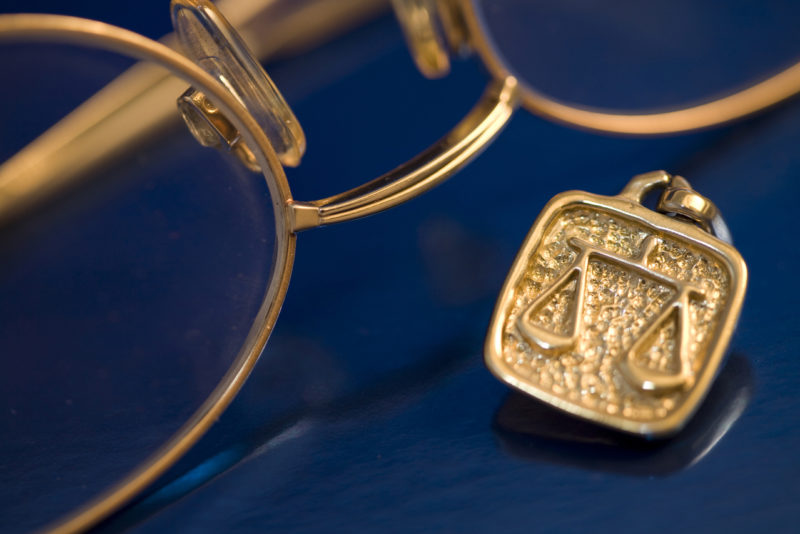Potential and Actual Conflicts: Be Aware of the New Rules
By Andrew Servais
It is no secret that on November 1, 2018, California lawyers will be subject to multiple new Rules of Professional Conduct, which, in most cases will be based on the ABA Model Rules of Professional Conduct. A conversion table between the new and old California Rules of Professional Conduct can be found on the State Bar website at: http://www.calbar.ca.gov/Portals/0/documents/rules/Cross-Reference-Chart-Rules-of-Professional-Conduct.pdf









